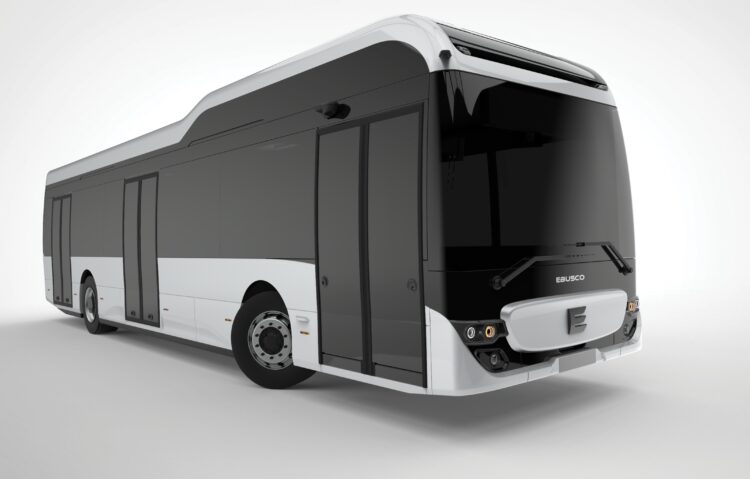- August 23, 2024
- Posted by: FATTeam
- Category: Innovation

As urban populations continue to swell, the demand for efficient, sustainable public transit solutions has never been more pressing. One of the most promising advancements in this arena is the evolution of electric bus technology. These vehicles not only promise to reduce greenhouse gas emissions but also offer a quieter, smoother ride for passengers. As cities around the globe seek to modernize their transit systems, electric buses are emerging as a pivotal component of future urban mobility strategies.
The technological advancements in electric buses are remarkable. Modern electric buses are equipped with high-capacity batteries that allow for longer ranges, making them viable options for various routes. Innovations in battery technology, such as solid-state batteries and fast-charging solutions, are enabling these vehicles to operate efficiently throughout the day without the need for lengthy downtime. Furthermore, regenerative braking systems are being integrated into electric buses, allowing them to recover energy during braking, thus enhancing overall energy efficiency and extending the lifespan of the battery.
In addition to their environmental benefits, electric buses are also redefining the passenger experience. Features such as real-time tracking, Wi-Fi connectivity, and improved accessibility options are becoming standard, making public transit more appealing to a broader demographic. The quiet operation of electric buses contributes to reduced noise pollution in urban areas, creating a more pleasant environment for both riders and non-riders alike. This shift in passenger experience is crucial for encouraging more individuals to opt for public transit over personal vehicles, helping to alleviate traffic congestion in densely populated areas.
Moreover, the implementation of electric bus technology is being supported by various government initiatives and funding programs aimed at promoting sustainable transportation. Cities are increasingly recognizing the long-term cost savings associated with electric buses, including lower maintenance costs and reduced fuel expenses. As public transit authorities invest in electric fleets, they are not only contributing to a greener future but also stimulating local economies through job creation in manufacturing and maintenance sectors.
Looking ahead, the future of public transit is undoubtedly intertwined with advancements in electric bus technology. As cities continue to innovate and adapt to the challenges of urbanization, electric buses will play a critical role in shaping sustainable transit solutions. With ongoing research and development, we can expect to see even more efficient, user-friendly, and environmentally friendly electric buses on our roads, revolutionizing the way we think about public transportation.
